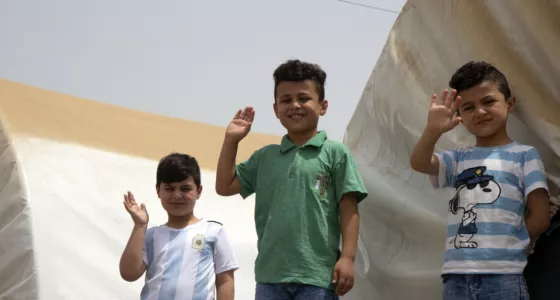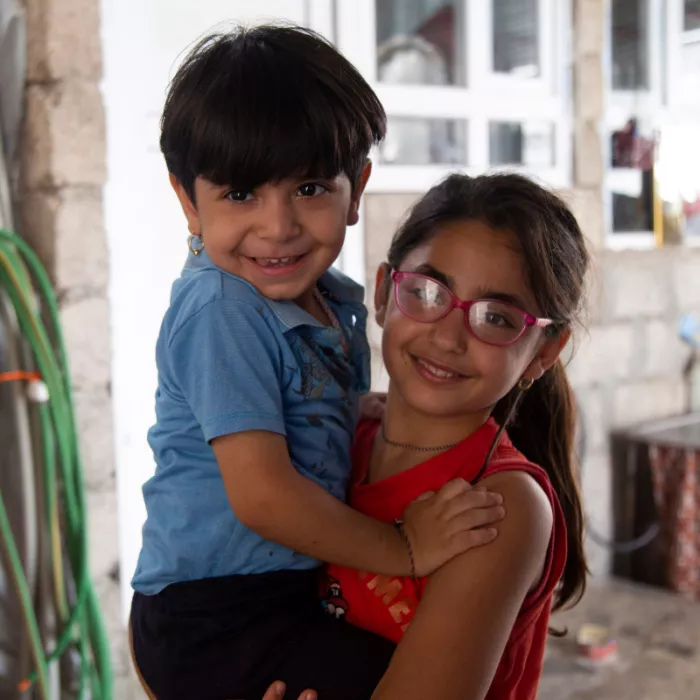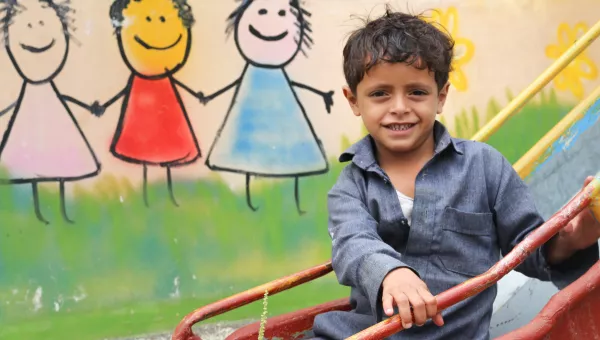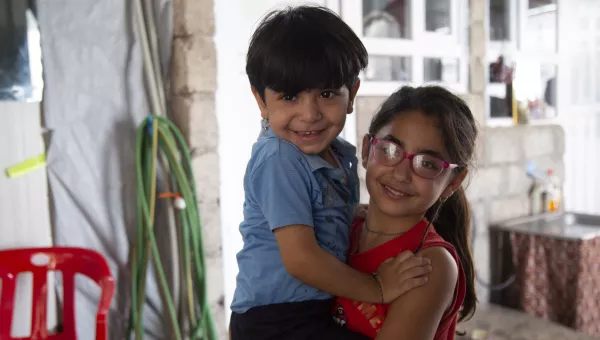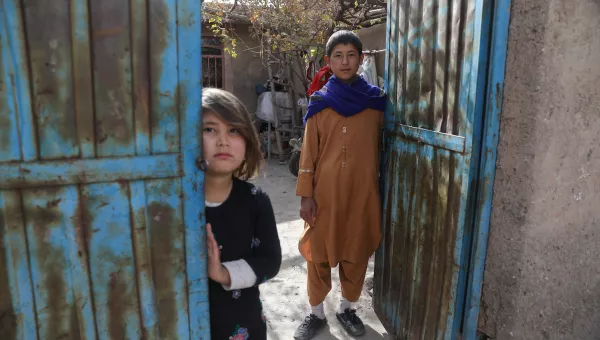After 20 years of working in Iraq, War Child has decided to close its operations after supporting hundreds of thousands of children affected by conflict.
As we leave Iraq, we know that our work with local communities and governments has helped protect and educate children, supporting them to heal and learn for a safer, brighter future.
In 2023, Iraq started to transition from an emergency response to a longer-term development approach rooted in a sustainable development framework.
Despite the reclassification of the humanitarian situation in Iraq, the needs of children and young people remain as serious as in previous years.
The number of children deprived of schooling remains consistently high, with 1 in 5 children lacking adequate schooling and 1 in 4 children in need of child protection. Only 9% of children receive any form of early childhood education, and 25% of children—mostly girls—drop out between primary and secondary education.
The Government of Iraq has continued a gradual return of the approximately 30,000 Iraqi citizens currently in Northeast Syria. So far, 7,000 Iraqi citizens have returned, but there are significant gaps within the return and reintegration process across the country.
Livelihood opportunities for the 60% of the Iraqi population who are under 25 remain limited. While the Government of Iraq has continued to support access to job opportunities and training, there are stark gender disparities in the workplace, with only 10.6% female labour force participation compared to almost 70% male participation.
Climate change is also impacting the country, with heatwaves, drought, and a rapid increase in average temperature.

